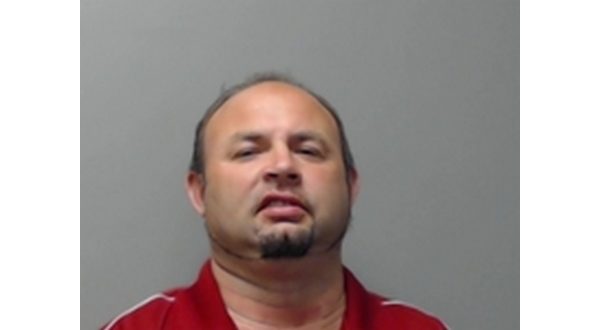
Theft charges against the owner of the Sears Hometown Store franchise in Mountain Home have been dismissed by the state.
Forty-year-old Jerrell Ray Hightower of Franklin, who was arrested in May, had been charged with stealing more than $21,000 from the corporation that owns the merchandise stocked in the store.
A settlement was reached in the case in which the money alleged to have been stolen was repaid in full to the victim corporation.
Information on the Sears Hometown Store website explains that an “owner” such as Hightower pays for store upkeep and a number of other costs, including utilities and staff salaries. The merchandise in the stores belongs to the corporate entity and store “owners” are paid a commission when a sale is made.
Sears Hometown Stores were formerly part of Sears Holdings that owned Sears and Kmart chains before Sears went into bankruptcy.
In 2012, the Hometown and Outlet Stores were spun off into a new publicly traded company.
When transactions were done properly, they would be entered in the “corporate cash register” and the receipts kept in a “holding account ” until they could be transferred to Sears.
A sale would set off a chain of events — the merchandise would be automatically removed from inventory, an alert provided to corporate that the item had been sold, and a printed receipt would be produced for the purchaser.
According to the probable cause affidavit, Hightower was alleged to have failed to enter sales into the corporate cash register and diverted the money that should have gone to Sears into his personal accounts.
Auditors alleged that the $21,000 in merchandise was not in inventory, but there was no paperwork to show it had been sold.
During the investigation, missing items of merchandise were traced back to purchasers.
The purchasers had handwritten receipts or canceled checks to show they had paid for their items.
They told investigators they were told such unusual payment verification methods were being used because the store’s computer system was not operating.
Some customers were told they had no need for a receipt from the store since their cancelled checks would show they had paid for the merchandise.
Corporate staff told investigators the firm never gives out handwritten receipts, only receipts generated by the corporate cash register in the store, and that those receipts would have the company name on them.
WebReadyTM Powered by WireReady® NSI










